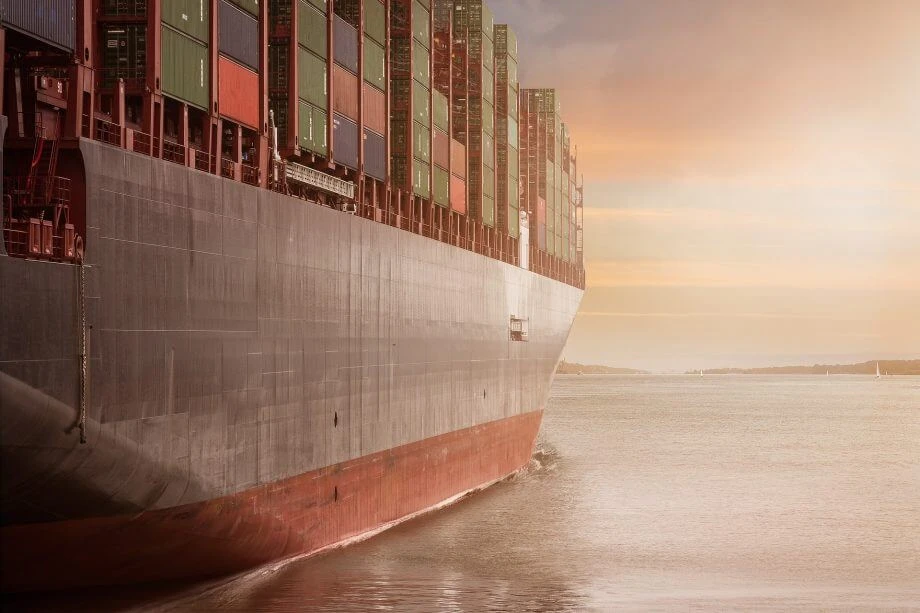Blog
分享中小企业市场、供应链等最新资讯
Loading...

9 Ocean Freight Cost-saving Strategies
BlueX PayFeb 10, 2020
Cost-saving strategies are never far off anyone’s mind in the freight industry these days. From shippers to factories, margins are getting harder to maintain. Operational waste in shipping is sometimes just a reality of doing business, but there are effective strategies to reduce the misallocation of time and money to maximize your profits better. Here […]

What are the Differences Between BAF and CAF?
BlueX TradeJan 27, 2020
Are you still trying to figure out what the difference between BAF and CAF surcharges is? We’re here to help. Bunker Adjustment Factor (BAF) and Currency Adjustment Factor (CAF) surcharges both affect ocean freight rates, but for two entirely different reasons. What is the Difference Between CAF and BAF? CAF deals with rate adjustments due […]

What is a Currency Adjustment Factor (CAF) Surcharge?
BlueX TradeJan 20, 2020
The Currency Adjustment Factor is a surcharge that carriers charge NVOCCs, freight forwarders or shippers as a way to offset any current or potential changes to currency fluctuations that may change freight rates. In short, they are a way for carriers to hedge their risks against exchange rates. Just like BAF, these surcharges could have […]

What are BAF (Bunker Adjustment Factor) Surcharges?
BlueX TradeJan 13, 2020
Bunker adjustment factor, bunker surcharges, or simply BAF, are extra charges enacted by carriers on their rates to counteract increases in fuel prices. Oil Prices and Bunker Adjustment Factor Surcharges These surcharges safeguard carriers against one of the most volatile factors in the shipping industry: oil prices. When oil prices increase, carriers need to evaluate […]

10 Marketing Tips for Freight Forwarder Lead Generation
BlueX PayJan 06, 2020
With the shipping industry digitally transforming, it’s time that you thought about digitalizing your marketing for lead generation. In the past, networks built through personal relationships were enough to sustain freight forwarders, but not anymore. Freight forwarders need to find new ways to reach customers and create new channels of acquisition. With digitalized companies like […]